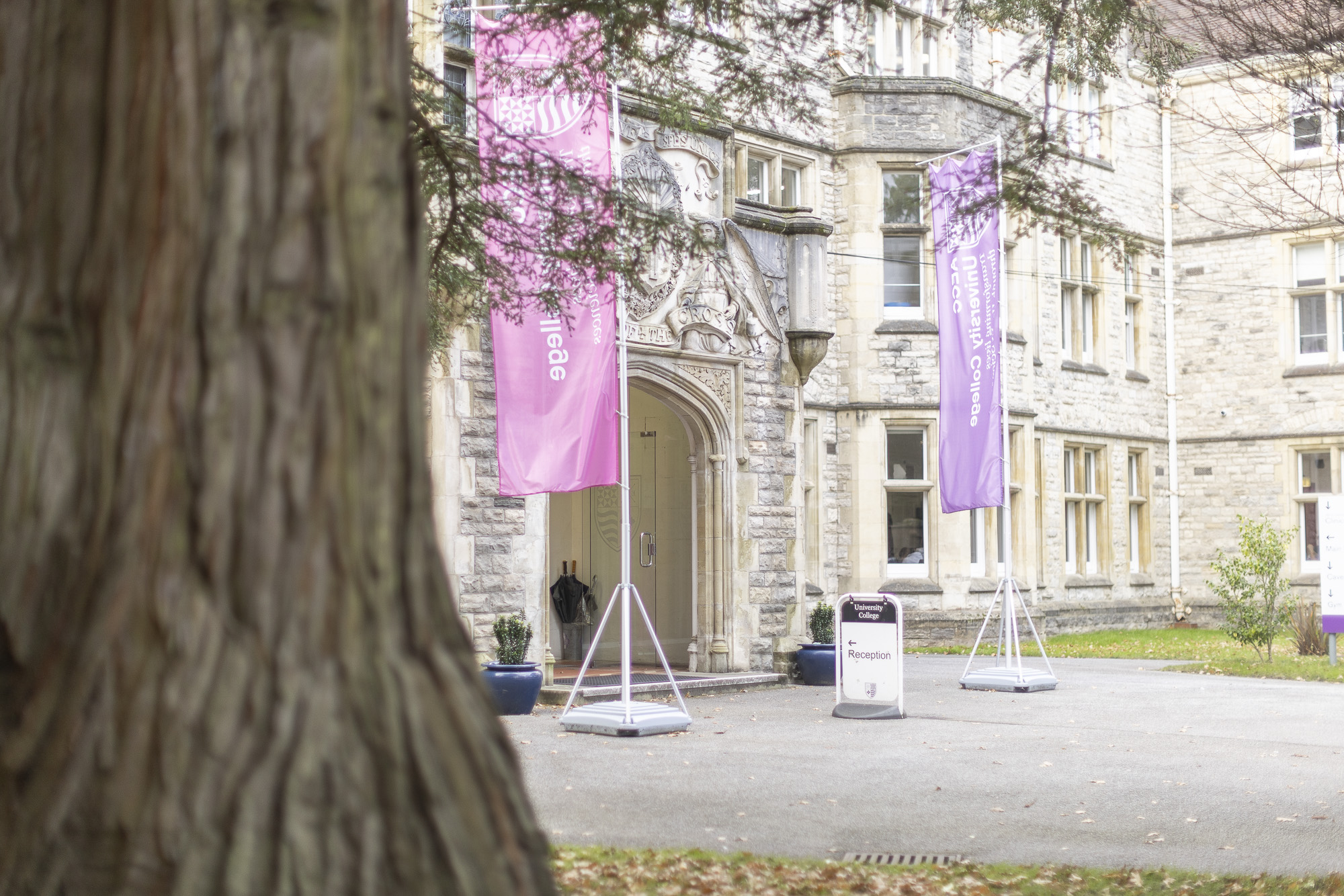
Board of Governors
The University College is directed by its Board of Governors acting under these Articles of Association.
Learn More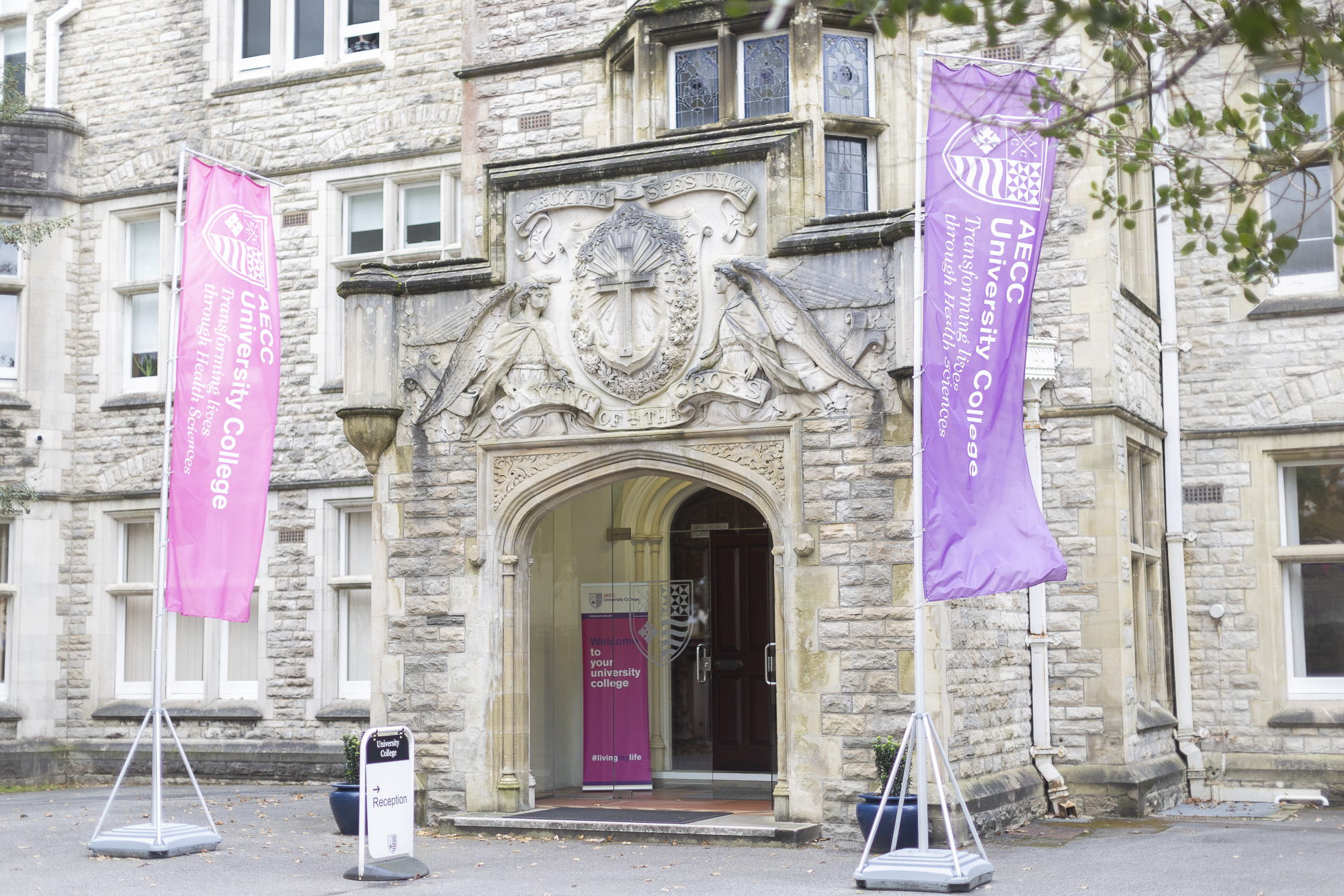
AECC University College operate within frameworks set by Government, regulators and our own internal policies and procedures.
Our Governors and Executive Board ensure that external and internal objectives are met, monitored and achieved.

The University College is directed by its Board of Governors acting under these Articles of Association.
Learn More
The University College Strategic Plan for 2021-2026 which has been reviewed and approved by our Board of Governors.
Learn More
Our quality framework outlines the policies and procedures to ensure maintenance and enhancement of the quality of our academic standards and student experience.
Learn More
Find our our latest academic policies, quality assurance policies, academic regulations and procedures.
Learn More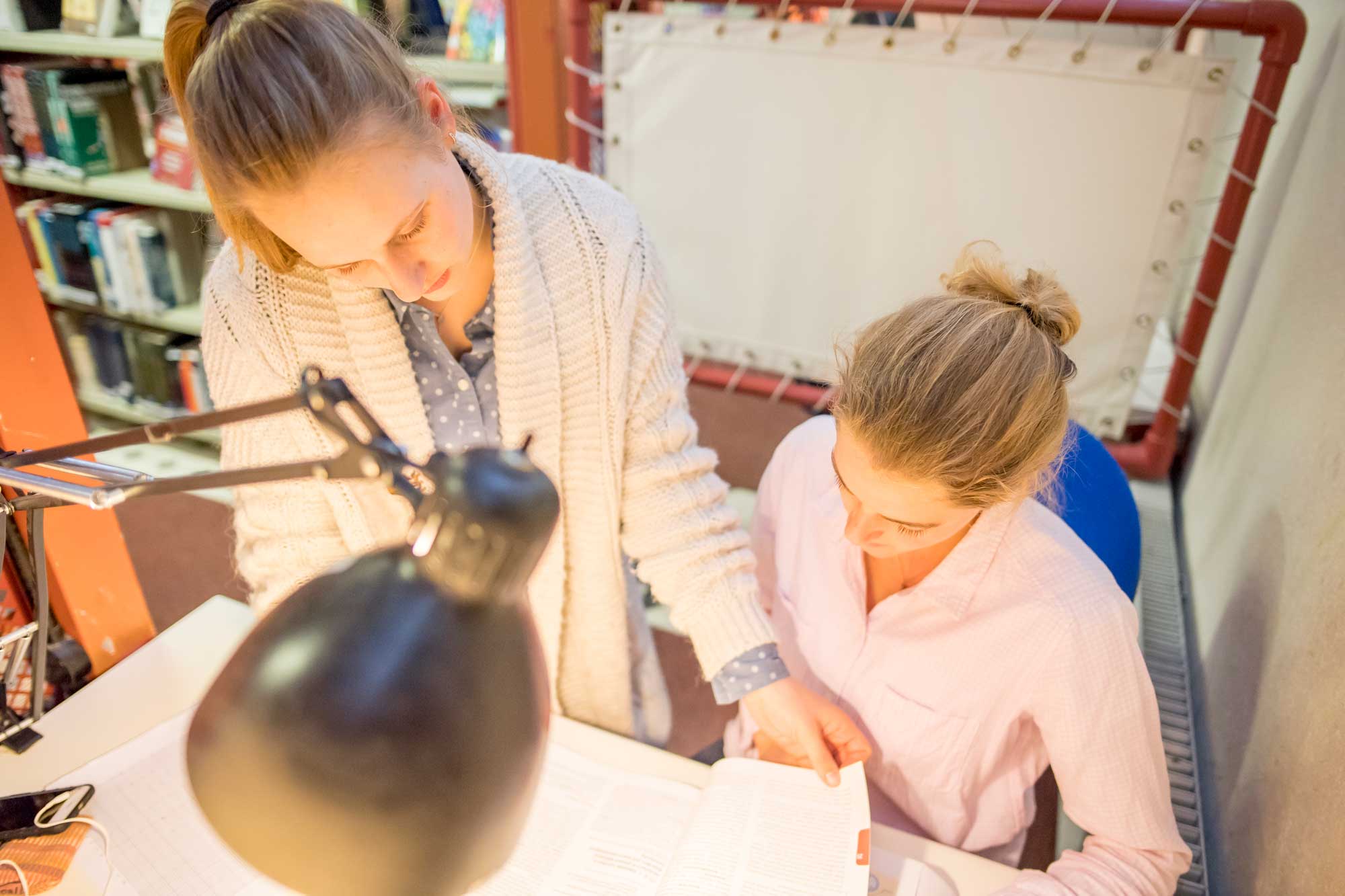

Here we outline our Governance structure and the roles and responsibilities of all those involved in the leadership of the AECC University College.
The University College is a company limited by guarantee and a registered charity. It is governed by its Articles of Association which were last amended in August 2017.
The University College is directed by its Board of Governors acting under these Articles of Association. The Board has ultimate responsibility for the strategy, performance and sustainability of the institution. It approves the University College’s mission and strategy, monitors institutional performance and ensures its effective management. The current Chair of the Board is Ms Jeni Bremner.
The Articles of Association mandate that the number of Board members (who fulfil the role of directors for company law purposes) is not less than twelve and (unless otherwise determined by ordinary resolution) not greater than twenty-five.
The Vice-Chancellor of the University College, the Staff Governor, and the Student Union President and Vice-President are ex officio members. The rest of the Board members are independent lay members appointed for their expertise.
The Board actively endeavours to maintain the skills mix required for an effective Board, and where a skills gap is identified, nominations for new Governors are sought in a variety of ways, including advertising, through National Associations, and publicising vacancies to staff and graduates of the University College. Applications for independent governors of the Board are considered by the Governance & Nominations Committee before a recommendation is made to the Board. Appointments are for four years and may be renewed for a second term of office. All new governors receive a full induction. A Register of Interests is held by the University Secretary and details the interests of members of the Board; this is renewed annually.
The Board meets at least four times a year. It has a number of standing Committees which meet regularly between Board meetings:
The management and academic committee structure is overseen by the Board of Governors and Academic Board
For more information see our membership and terms of reference of Academic Board.

Our mission is to ‘create a healthier society through education, research and clinical care’ and is as relevant today as it was 57 years ago.
Our mission, vision and community focus articulate our position as a specialist health sciences institution. Discover more about our community partnerships, access and participation projects and upcoming events; promoting and sharing our knowledge of health sciences.
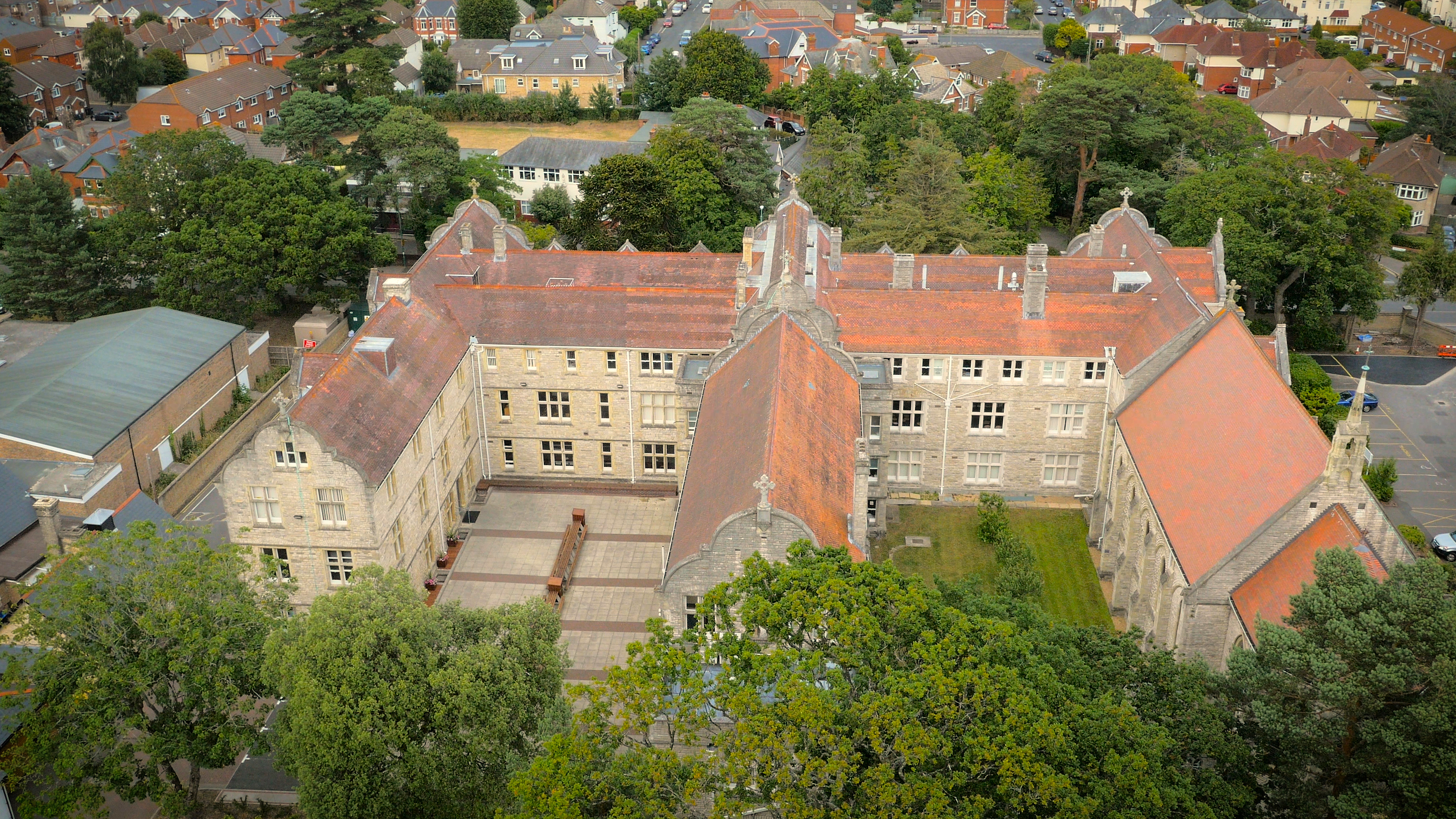
We foster positive relationships with universities, funding bodies, governments, student associations, businesses and communities both nationally and internationally.
We may have a global outlook, but we’re also firmly rooted in the local community and love to get involved wherever we can.
Discover and read all the latest news, press releases and happenings here at AECC University College
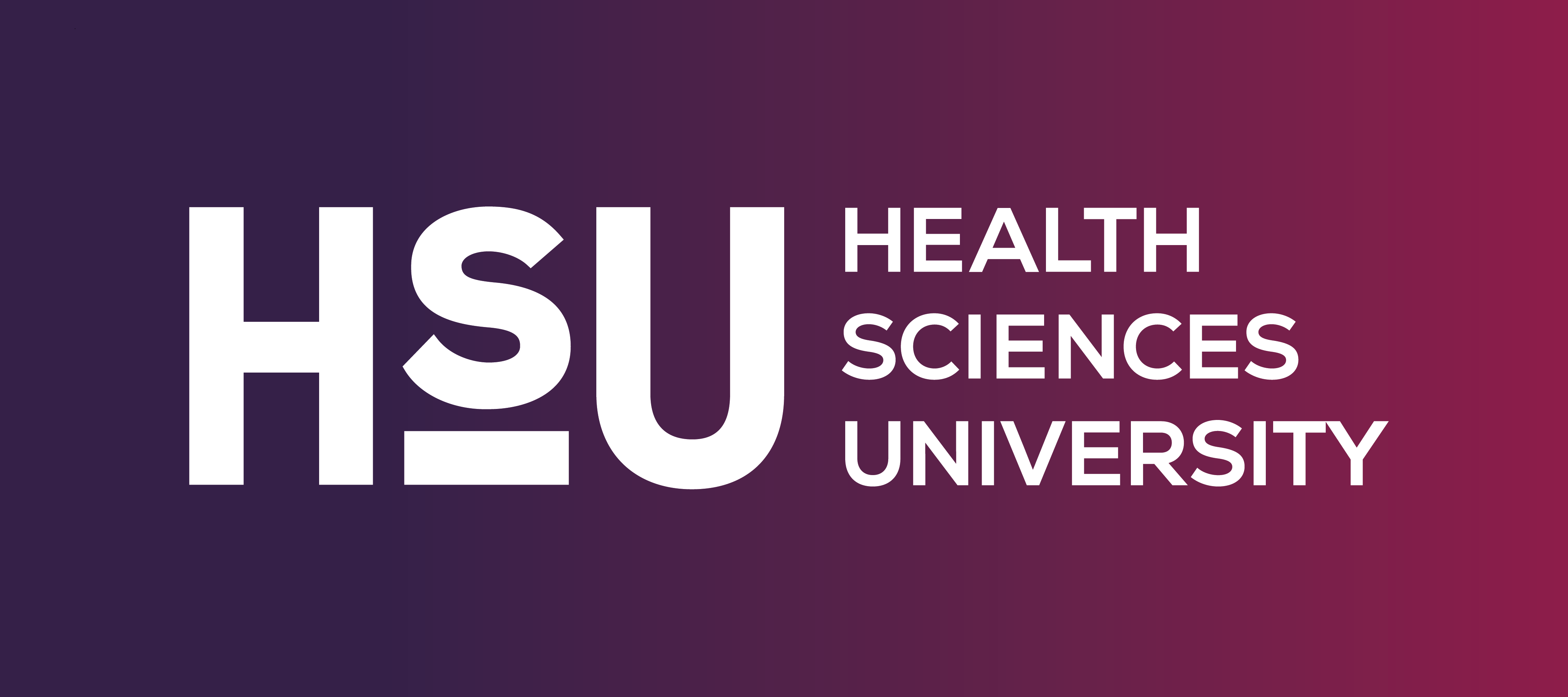
AECC University College has changed its name to Health Sciences University (HSU). This represents a significant milestone in our institutional journey as we proudly carry this new prestigious title.

Martin Kumm tells the story of his journey from graduation to achieving his dream job as a chiropractor for the EF Education Easy-Post professional cycling team.

Professional ballet dancer Pippa Myres had to re-think her career and is now training to become a podiatrist on the MSc Podiatry course.
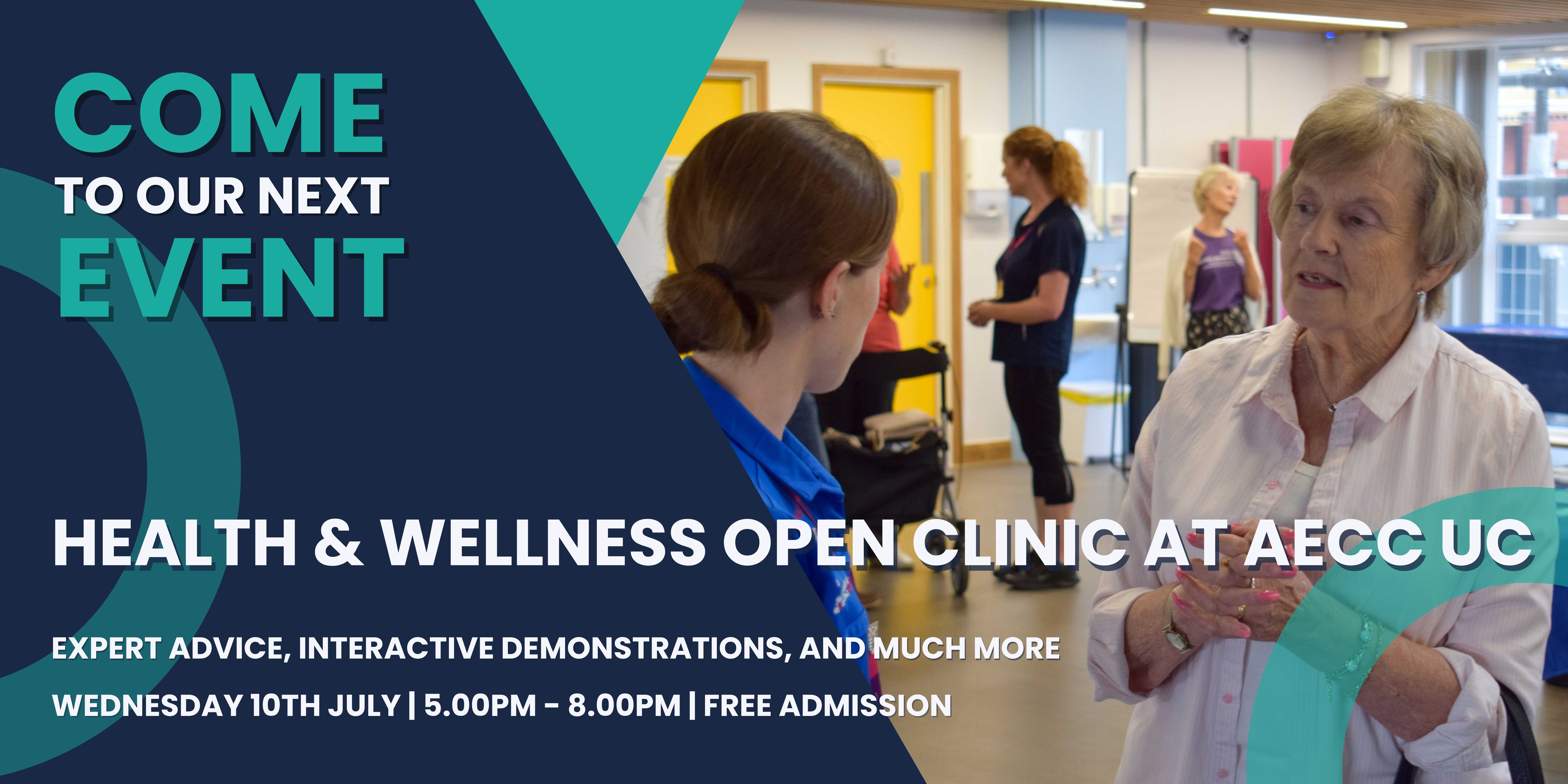
On Wednesday 10th July, AECC UC's specialist Multidisciplinary Team (MDT) will be running a free Health and Wellness Open Clinic.
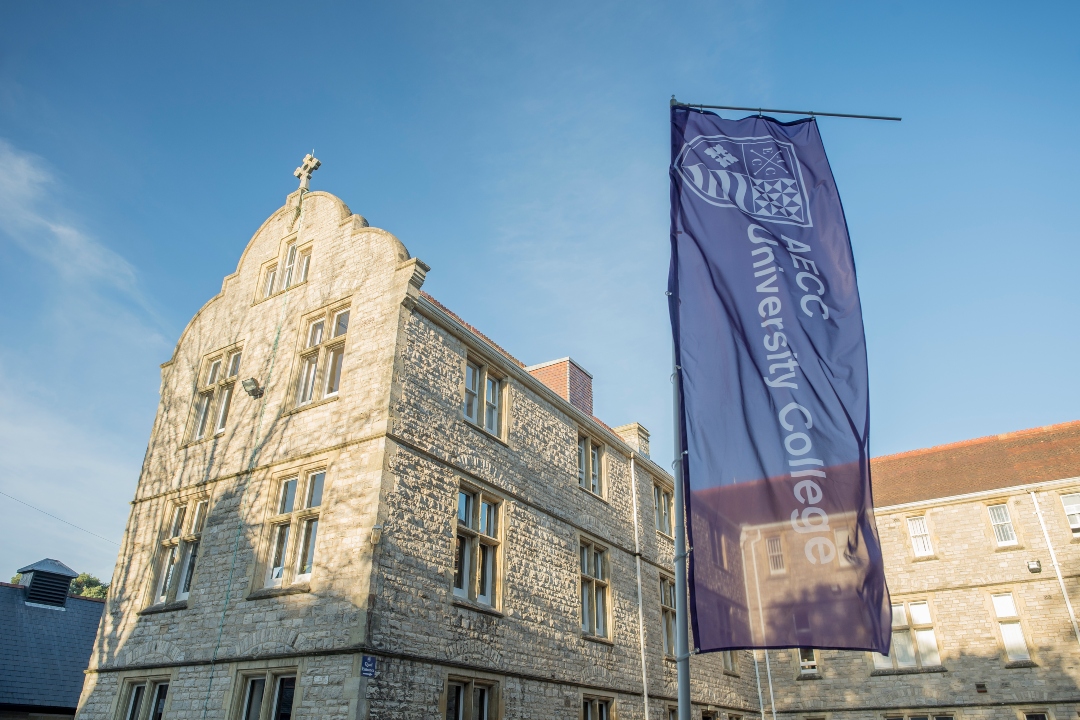
AECC University College is delighted to be a signatory of the Declaration on Research Assessment (DORA).

Callum Moss is a First Year student on the MSc Physiotherapy (pre-registration) course at AECC University College. We recently caught up with him to hear more about his decision to study to become a physiotherapist and why AECC UC is an appealing specialist university.

AECC University College
Parkwood Campus
Parkwood Road
Bournemouth
BH5 2DF